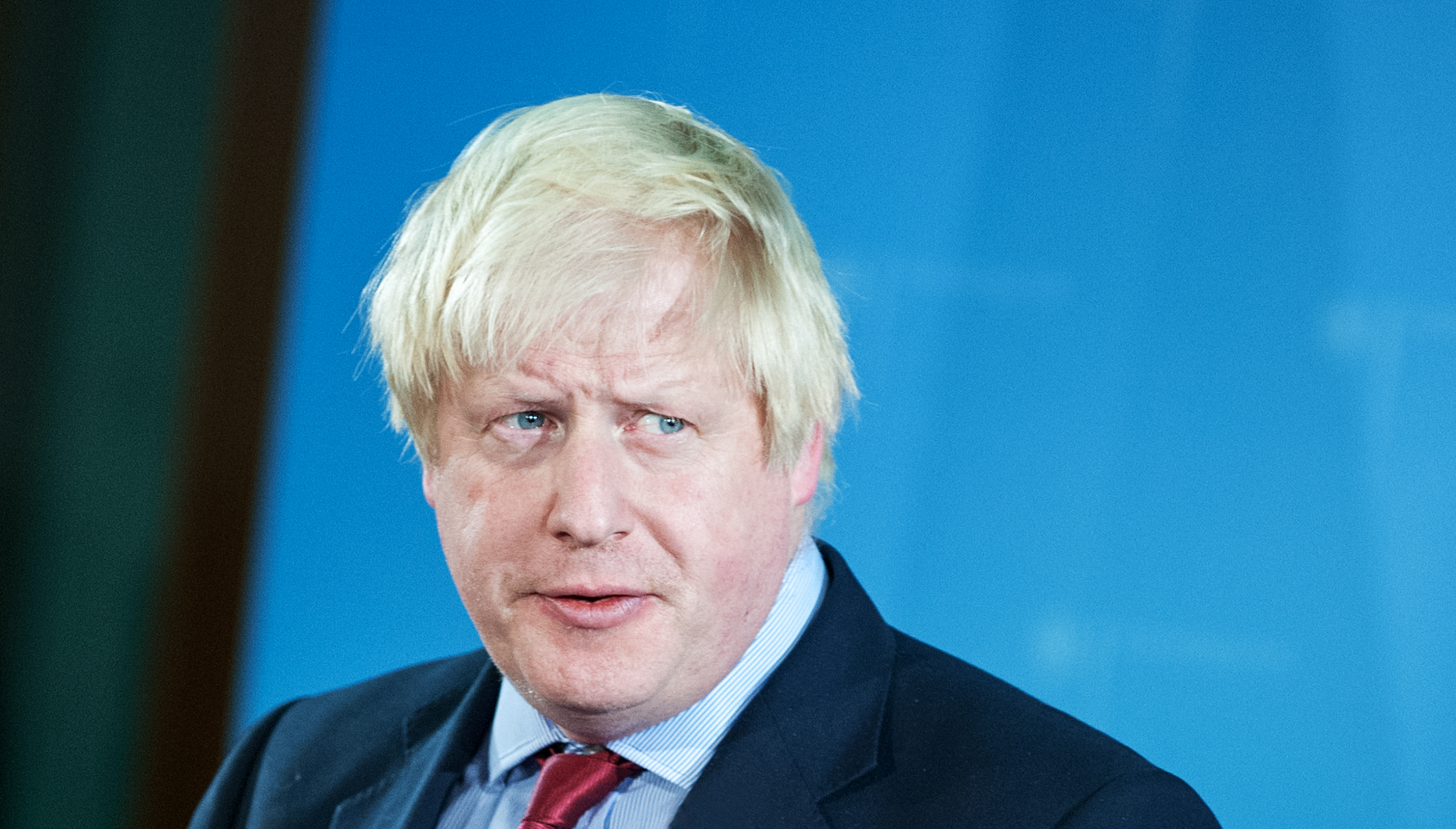UK gov mulls tech industry deregulation drive
DCMS outlines a new regulatory framework that prioritises 'innovation' and promises to 'cut red tape'


The UK government has signalled its intent to shake up the regulatory landscape overseeing the tech industry in the UK by stripping back “cumbersome and confusing policy” and cutting down on “red tape”.
The so-called Plan for Digital Regulation puts forward a vision in which innovation and economic growth will be prioritised when new policies are proposed and older pieces of legislation are reviewed.
When considering new legislation, policymakers must follow three guiding principles that comprise this framework. These include actively promoting innovation, achieving ‘forward-looking and coherent outcomes’ and exploiting opportunities, and addressing challenges in the international arena.
“How we govern digital technologies is one of the most pressing issues of our age,” said the government’s digital secretary Oliver Dowden, “Today we are setting out a pro-growth vision to shape the future.
"Our principles-based approach will ensure innovation is embedded in any new regulation, and we will look to reduce red tape to enable our vibrant tech sector to thrive."
The government’s desire to promote innovation, for instance, will see “unnecessary regulation and burdens” removed, with non-regulatory measures such as technical standards considered as a priority. Policymakers must also ensure that new regulations complement rather than contradict existing or planned regulations.
Finally, new proposals must always consider the UK’s international obligations, including trade deals and future arrangements, and the impact of regulations developed by other countries.
Get the ITPro daily newsletter
Sign up today and you will receive a free copy of our Future Focus 2025 report - the leading guidance on AI, cybersecurity and other IT challenges as per 700+ senior executives
The government, under Boris Johnson, has signalled time and again its intent to strip back regulations governing the tech industry, particularly in the way that figures close to the prime minister have castigated GDPR.
A taskforce commissioned by Downing Street branded the EU’s data protection regime, which was baked into UK law, as “prescriptive and inflexible” just last month. It proposed scrapping the rules and replacing them with a new framework that doesn’t stifle growth, and promotes innovation.
The language used in this report mirrors that pushed by the Department for Digital, Culture, Media and Sport (DCMS) in its Plan for Digital Regulation. This suggests that already established legislation such as GDPR and the Data Protection Act (DPA) 2018 will be reviewed under the purview of this plan.
RELATED RESOURCE

Spotlight: The state of the UK & Ireland mid-sized business and IT today 2021
The UK and Ireland’s mid market firms faced a difficult 2020 but have a strong platform for recovery
"Creating a framework for digital regulation that promotes innovation is a global challenge. If the UK can get this right, we can drive discussions at the international level and build on our reputation as a leading digital economy,” said the CEO of the trade association techUK, Julian David.
"The Plan for Digital Regulation is a strong start and shows the government’s commitment to creating a coordinated, proportionate and innovation-focused regulatory system.
"We look forward to working with the government in making this plan a reality by building a partnership with the sector to dig into the detail and turn these strong core principles into a forward-looking framework that reinforces the UK’s position as a top tier destination for technology companies."
The government has invited contributions from the industry as well as the general public in a consultation on what this framework should look like specifically.
In principle, the government is also hoping to deliver a joined-up approach to regulation. This model will see the Competition and Markets Authority (CMA), Financial Conduct Authority (FCA) and Information Commissioner’s Office (ICO) avoid regulatory overlap and cooperate much more deeply on regulatory matters against tech giants.

Keumars Afifi-Sabet is a writer and editor that specialises in public sector, cyber security, and cloud computing. He first joined ITPro as a staff writer in April 2018 and eventually became its Features Editor. Although a regular contributor to other tech sites in the past, these days you will find Keumars on LiveScience, where he runs its Technology section.
-
 Asus ZenScreen Fold OLED MQ17QH review
Asus ZenScreen Fold OLED MQ17QH reviewReviews A stunning foldable 17.3in OLED display – but it's too expensive to be anything more than a thrilling tech demo
By Sasha Muller
-
 How the UK MoJ achieved secure networks for prisons and offices with Palo Alto Networks
How the UK MoJ achieved secure networks for prisons and offices with Palo Alto NetworksCase study Adopting zero trust is a necessity when your own users are trying to launch cyber attacks
By Rory Bathgate
-
 Top data security trends
Top data security trendsWhitepaper Must-have tools for your data security toolkit
By ITPro
-
 Why bolstering your security capabilities is critical ahead of NIS2
Why bolstering your security capabilities is critical ahead of NIS2NIS2 regulations will bolster cyber resilience in key industries as well as improving multi-agency responses to data breaches
By ITPro
-
 SEC data breach rules branded “worryingly vague” by industry body
SEC data breach rules branded “worryingly vague” by industry bodyNews The new rules announced last week leave many questions unanswered, according to security industry experts
By Ross Kelly
-
 Crackdown on crypto needed to curb cyber crime, says expert
Crackdown on crypto needed to curb cyber crime, says expertNews Threat actors would struggle to generate money without the anonymity provided by unregulated digital tokens, but such a move would require worldwide buy-in
By Rory Bathgate
-
 The gratitude gap
The gratitude gapWhitepaper 2023 State of Recognition
By ITPro
-
 UK gov invites experts to contribute to its overhauled AI regulatory approach
UK gov invites experts to contribute to its overhauled AI regulatory approachNews The new approach will not adopt the EU's centralised model and sits alongside the National AI Strategy and Data Protection and Digital Information Bill
By Connor Jones
-
 UK government opts against regulation for cyber security standards
UK government opts against regulation for cyber security standardsNews UK Cyber Security Council will move ahead with its planned chartered standards, with the government to monitor its adoption
By Daniel Todd
-
 Encryption battle plays out in Australian Parliament
Encryption battle plays out in Australian ParliamentNews The opposition said that the government is “addicted to secrecy”
By Zach Marzouk